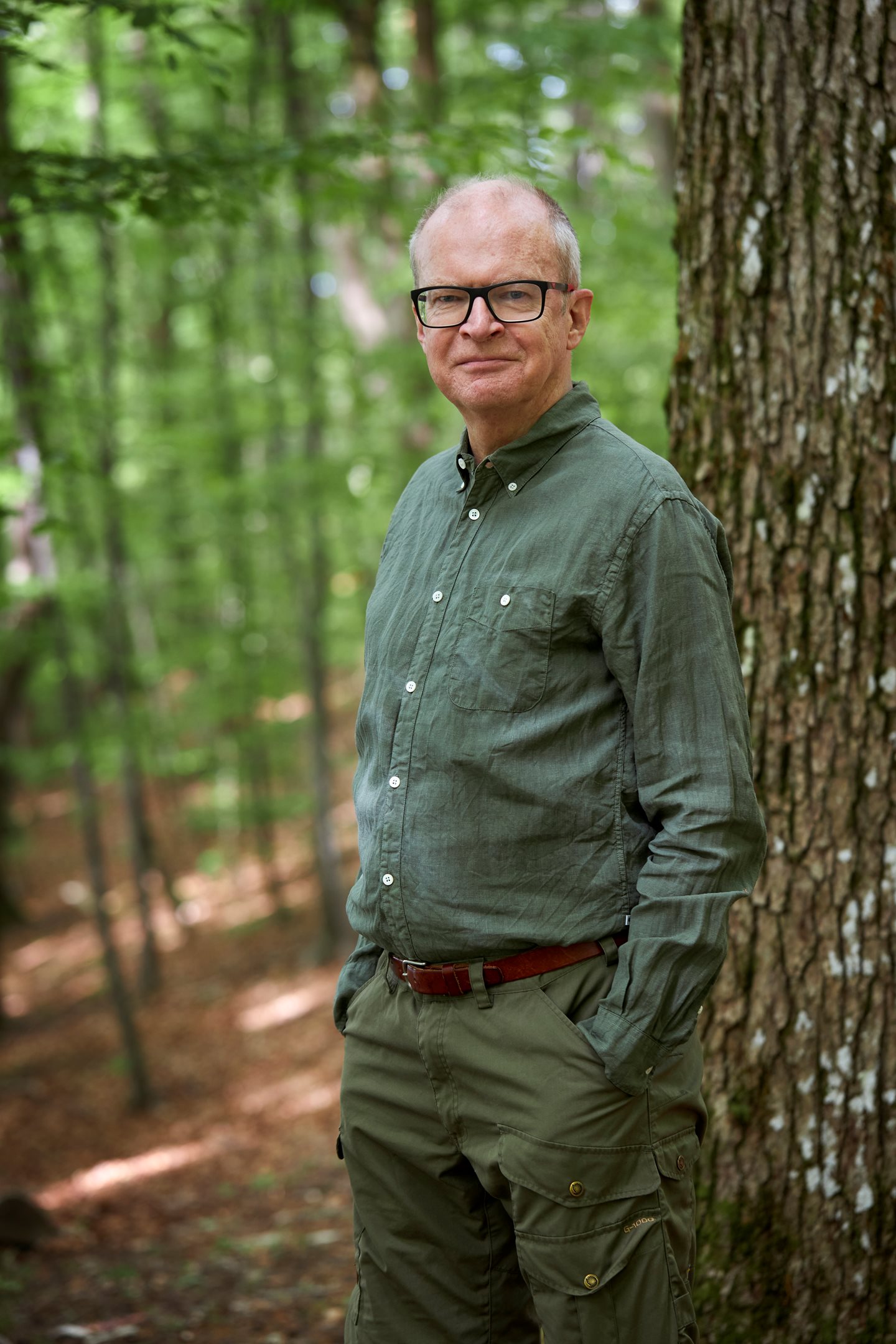A call for a forum for dialogue on sustainability in the Swedish forestry sector
The debate on Swedish forestry is strongly polarised. There is a lack of national dialogue processes and collaboration between different stakeholders about finding the way forward for the forestry sector. A new report suggests how Sweden can establish a dialogue about sustainability that engages all stakeholders, and that is firmly rooted in society.
– Meaningful discussions and collaboration are most likely crucial when agreeing on methods for assessing the sustainability of Swedish forestry, finding ways forward, and breaking the polarisation in the debate on the societal benefits of forests. The problem is that we currently lack a good forum for collaboration, says Per Erik Karlsson, author of the report and professor at IVL.
The Dialogue Processes on Sustainability Assessments in Swedish Forestry report was produced within Mistra Digital Forest. It sees Sweden's National Forest Programme as a suitable arena. The forestry programme was initiated by the government in 2018 with a vision of the forest contributing to job opportunities and sustainable growth throughout the country, and to the development of a growing bioeconomy. However, the authors of the report also clarify that this requires certain changes:

– Today, the forestry programme is controlled by politicians and it is not seen as being independent. To gain broad legitimacy the programme needs an additional mandate, designed with inspiration from other successful arenas, says Per Erik.
Calls for a national coordinator
The authors of the report draw inspiration from the European Air Convention, a well-functioning and successful forum that brings stakeholders together for annual meetings in order to stepwise reduce air pollution emissions in Europe and North America. Like Fossil Free Sweden, they also propose that the forum be led by an independent national coordinator.
– The forestry sector needs a national coordinator who is politically independent, has a high level of expertise in factual issues and process management, and is not limited by membership of an organisation. We need a forum with broad social support, says Per Erik and continues:
– If we are to increase the ability of Sweden to influence European forestry policy, the forestry sector as well as Swedish society need to unite behind a common position.